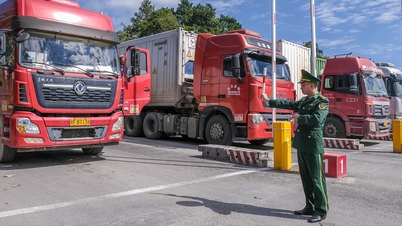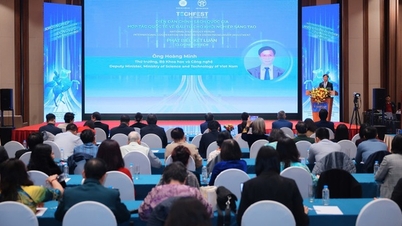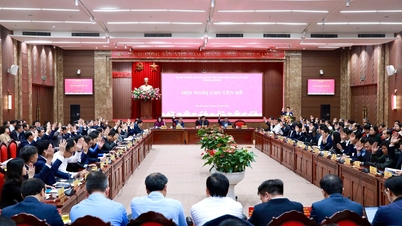During the revision of the Personal Income Tax Law, the Ministry of Finance proposed two methods for calculating tax on income from real estate transfers. The first is to apply a 20% tax rate on the taxable income (selling price minus total related costs). The second is, if the purchase price and costs cannot be determined, a 2% tax will be applied to the transfer price.
The proposed profit-based tax calculation method is based on several grounds. Firstly, the 2024 Land Law stipulates that when transferring land use rights, taxable income will be calculated based on the land price in the land price table, with the expectation that people will record the actual transaction price in the contract. This allows for clear identification of the purchase and sale prices, thereby effectively applying the profit-based tax calculation method. However, this regulation only applies to the transfer of land use rights; for transactions involving both house and land, the seller may still declare an incorrect price to reduce taxes.
Secondly, taxing based on profits is considered fairer, as it helps reduce the tax burden in cases where people are forced to "sell at a loss". At the same time, this also provides a foundation for applying progressive tax rates based on the length of time the property is held, thereby contributing to curbing speculation and promoting sustainable market development.
However, public opinion has expressed concerns about the feasibility of this approach. In fact, Circular 84/2008/TT-BTC previously applied a 25% tax on profits from real estate transfers, but this proved ineffective in practice, leading to its repeal in Circular 92/2015/TT-BTC and its replacement with the current unified method of collecting 2% on the transfer price. Calculating tax based on profit has been opposed due to the difficulty in accurately determining costs, the potential for fraud, and the difficulties in management.
Therefore, to successfully implement this approach, it is necessary to overcome the limitations that previously caused the old model to fail. A prerequisite is the establishment of a comprehensive and transparent database of actual land transaction prices in the locality. Furthermore, it is essential to synchronize this with regulations on transaction procedures and payment methods to ensure that all parties accurately record the price in the contract.
If these fundamental conditions are not met, taxing based on profits is not only ineffective but can also be exploited, leading to revenue losses for the state budget and creating negative impacts on the real estate market.
Source: https://nld.com.vn/he-thong-du-lieu-ve-gia-dat-dieu-kien-tien-quyet-196250602212010847.htm



![[Photo] Prime Minister Pham Minh Chinh attends the Conference summarizing and implementing tasks of the judicial sector.](/_next/image?url=https%3A%2F%2Fvphoto.vietnam.vn%2Fthumb%2F1200x675%2Fvietnam%2Fresource%2FIMAGE%2F2025%2F12%2F13%2F1765616082148_dsc-5565-jpg.webp&w=3840&q=75)






































































































Comment (0)